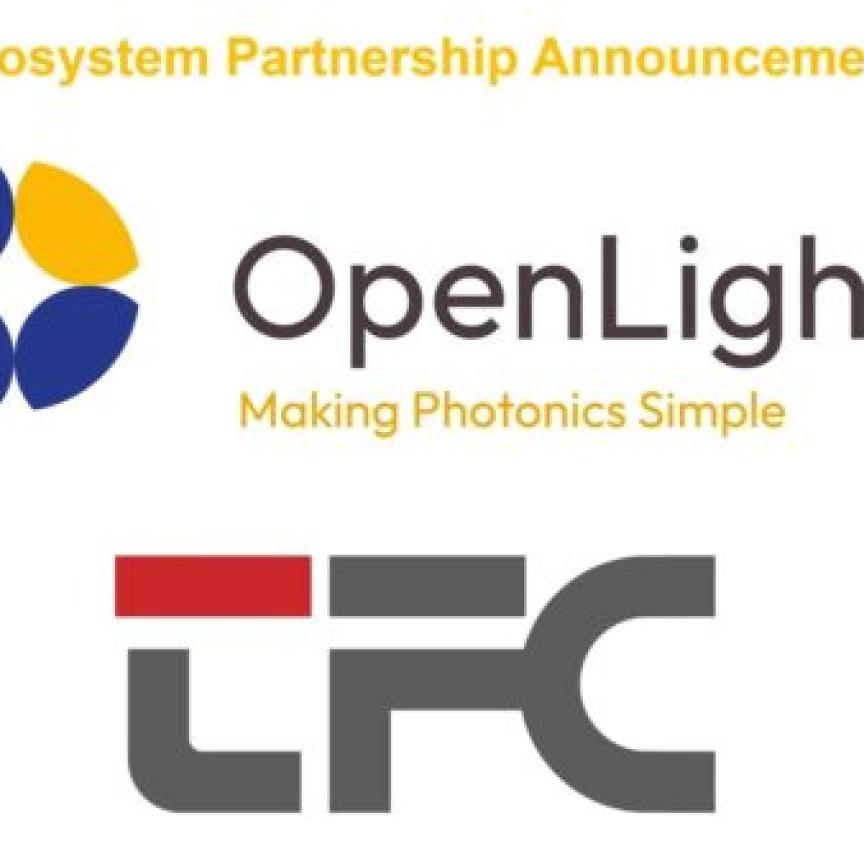Ahmed Zewail, the recipient of the 1999 Nobel Prize in Chemistry for his pioneering work on femtoscience, has died. He was 70 years old.
Zewail was the Linus Pauling Professor of Chemistry, professor of physics, and director of the Physical Biology Center for Ultrafast Science and Technology at Caltech. He passed away on 2 August.
Zewail’s work on femtoscience, for which he won the Nobel Prize, made possible observations of atoms in motion on the femtosecond (10-15 seconds) timescale. These developments led to the establishment of the discipline of femtochemistry.
In his Nobel lecture, Zewail wrote: ‘Femtosecond resolution is the ultimate achievement for studies of the fundamental dynamics of the chemical bond… For molecular dynamics, achieving this atomic-scale resolution using ultrafast lasers as strobes is a triumph, just as x-ray and electron diffraction, and, more recently, STM and NRM, provided that resolution for static molecular structures.’
More recently, he and his group developed 4D electron microscopy for the direct visualisation in the four dimensions of space and time of materials and biological behaviours.
For his contributions to science and for his public service, Zewail received honours from around the globe. Fifty honorary degrees in the sciences, arts, philosophy, law, medicine, and humane letters were conferred on him, including those from Oxford University, Cambridge University, Peking University, École Normale Supérieure, Yale University, University of Pennsylvania, and Alexandria University.
Zewail was decorated with the Order of the Grand Collar of the Nile, Egypt's highest state honour, and was named to the Order of Légion d'Honneur by the President of France, among other state honours. He was an elected member of academies and learned societies including the National Academy of Sciences, the Royal Society of London, the American Philosophical Society, the French Academy, the Russian Academy, the Chinese Academy, and the Swedish Academy. Postage stamps have been issued in commemoration of his contributions to science and humanity.
‘Ahmed was the quintessential scholar and global citizen,’ said Caltech president Thomas Rosenbaum, the Sonja and William Davidow Presidential Chair and professor of physics. ‘He spent a lifetime developing instruments that interrogate nature in fundamentally new ways, and defining new directions that cut across the physical and biological sciences. Ahmed's fervour for discovery never abated and he serves as an inspiration to colleagues and generations of students. The Caltech community deeply mourns his loss.’
‘Ahmed Zewail was a great man for chemistry, for science, and for society. All of us at Caltech grieve his loss,’ said Jacqueline Barton, Arthur and Marian Hanisch Memorial Professor of Chemistry and Norman Davidson Leadership Chair of the Division of Chemistry and Chemical Engineering.
Born in 1946 in Damanhur, Egypt, Zewail received his early education in Egypt and earned his BS and MS degrees from Alexandria University in 1967 and 1969. He received a PhD from the University of Pennsylvania in 1974 and completed an IBM postdoctoral fellowship at UC Berkeley before joining the faculty at Caltech in 1976 as an assistant professor. He became an associate professor in 1978 and a professor in 1982. He was Linus Pauling Professor of Chemical Physics from 1990–97, was named professor of physics in 1995, and was named Linus Pauling Professor of Chemistry in 1997.
Zewail is survived by his wife, Dema Faham, and his four children, Maha, Amani, Nabeel, and Hani.
Further information:
Physical Biology Center for Ultrafast Science and Technology at Caltech

